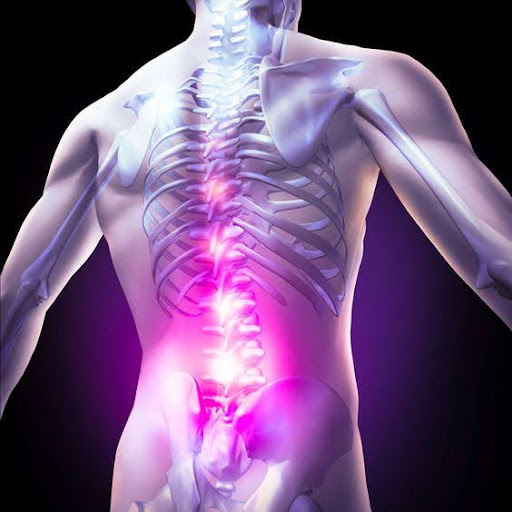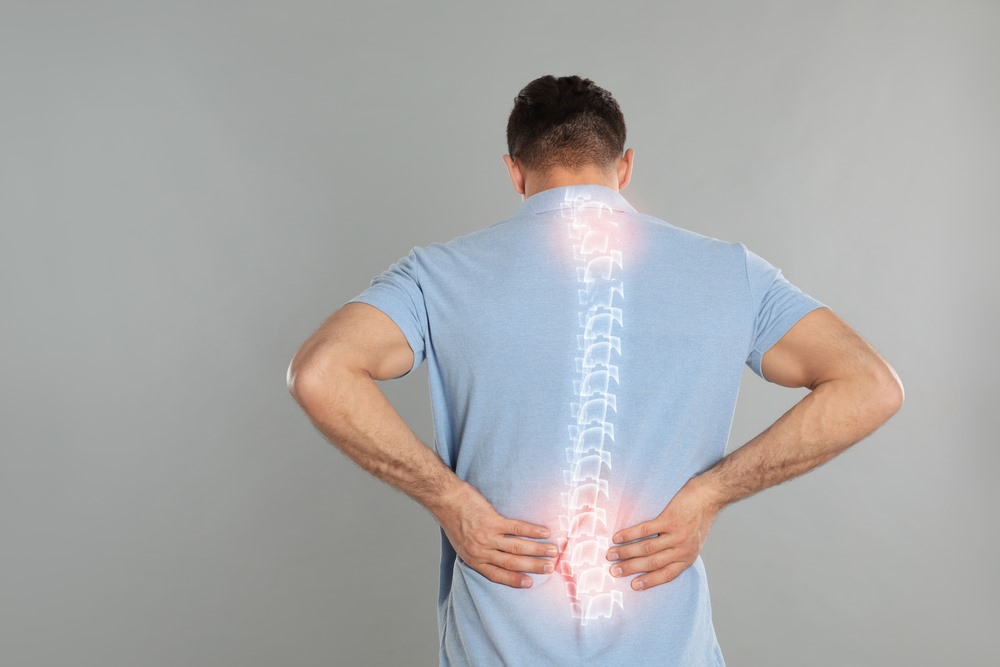What is a bone mineral density test and do I need one?

Introduction
When it comes to maintaining overall health, bone health often takes a back seat. However, our bones play a crucial role in supporting our bodies and protecting vital organs. Understanding bone density and the significance of bone mineral density (BMD) tests is essential for ensuring optimal bone health. In this comprehensive guide, we'll explore what BMD tests entail, who might benefit from them, signs that suggest the need for testing , factors affecting bone density, and the importance of bone health maintenance.
What is a Bone Mineral Density Test?
A Bone Mineral Density (BMD) test is a diagnostic procedure that measures the density and strength of your bones. It is a non-invasive and painless test that helps assess the risk of fractures and diagnose conditions such as osteoporosis and osteopenia. BMD tests utilise specialised equipment, such as Dual-energy X-ray Absorptiometry (DXA) machines, to measure bone density at various sites in the body, typically the hip, spine, or forearm.
Who Should Get a BMD Test?
BMD tests are recommended for individuals who are at increased risk of bone loss and fractures. This includes:
- Women over the age of 65 and men over the age of 70, as ageing is associated with decreased bone density.
- Individuals with a family history of osteoporosis or fractures.
- Postmenopausal women and men aged 50-69, as hormonal changes can affect bone density.
- Individuals with certain medical conditions or taking medications that can weaken bones, such as rheumatoid arthritis or long-term corticosteroid use.
Signs and Symptoms that Suggest the Need for a BMD Test
Raising awareness about diabetes While bone density testing is often recommended based on age and risk factors, certain signs and symptoms may indicate the need for evaluation:
- Fractures resulting from minor trauma or falls, especially in older adults.
- Loss of height or stooped posture, which may indicate vertebral fractures.
- Chronic back pain or bone pain without a clear cause.
- Sudden onset of osteoporosis risk factors, such as prolonged bed rest or significant weight loss.
Factors Affecting Bone Density
Several factors influence bone density and susceptibility to bone loss. These include:
- Nutrition: Inadequate intake of calcium and vitamin D can weaken bones.
- Physical activity:Weight-bearing exercises help maintain bone density and strength.
- Hormonal changes: Oestrogen plays a vital role in maintaining bone density, so hormonal fluctuations, such as those occurring during menopause, can lead to bone loss.
- Medications: Some medications, including corticosteroids and certain cancer treatments, can contribute to bone loss.
Importance of Bone Health Maintenance
Maintaining optimal bone health is essential for overall well-being and quality of life. Strategies for bone health maintenance include:
- Consuming a balanced diet rich in calcium, vitamin D, and other nutrients essential for bone health.
- Engaging in regular weight-bearing and muscle-strengthening exercises.
- Avoiding smoking and excessive alcohol consumption, as these habits can weaken bones.
- Discussing bone health with your healthcare provider and following their recommendations for screening and preventive measures.
Prevention and Treatment Options
In addition to lifestyle modifications, various treatment options are available for individuals with low bone density or osteoporosis. These may include:
- Medications: Bisphosphonates, hormone therapy, and other medications can help slow bone loss and reduce fracture risk.
- Supplements: Calcium and vitamin D supplements may be recommended for individuals with inadequate dietary intake.
- Fall prevention strategies: Minimizing fall risks, such as removing tripping hazards and improving balance, can help prevent fractures.
Conclusion
Bone health is a crucial aspect of overall health and well-being, yet it is often overlooked until problems arise. By understanding the importance of bone density testing and taking proactive steps to maintain bone health, you can reduce the risk of fractures and enjoy a healthier, more active lifestyle. If you have risk factors for bone loss or experience symptoms suggestive of bone problems, don't hesitate to discuss them with your healthcare provider and inquire about bone mineral density testing. Your bones are the foundation of your body—invest in their health for a brighter, more resilient future.





